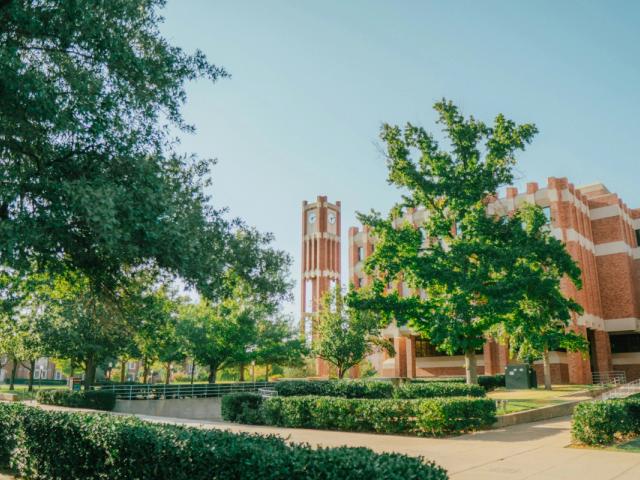

Climate & Energy Accelerating the Transition to Net-Zero Emissions
A net-zero future is essential to limit global warming to 1.5 °C above pre-industrial levels and avoid the most catastrophic impacts of climate change. By advising the United Nations Secretary-General on engineering pathways for comprehensive decarbonization by mid-century; developing cutting-edge research and tools that inform national strategies for transforming energy systems; empowering youth-led climate solutions across universities; and scaling innovative adaptation and sustainability tools across policy, practice, and learning communities, the SDSN is catalyzing global action to reduce greenhouse gas emissions and accelerate the transition to a low-carbon future.







Featured News
Featured Resources


Bridging the SDG Financing Gap: Benin’s Innovative Eurobond Experience

Optimizing Indonesia's Power Sector Decarbonization (Phase 2.1 & 2.2 Report)

Collection of Issue Briefs by the Council of Engineers for the Energy Transition

Net Zero on Campus: A Guide and Accompanying Toolkit for Universities and Colleges to Accelerate Climate Action Worldwide

Optimising Malaysia's Electrifying Future (Phase 2.2 Report)

A Guide and Resource Directory to Regional Decarbonization

Life Cycle Assessment (LCA) and Cost-Benefit Analysis for Low Carbon Concrete and Cement Mix Designs

Implementing the European Green Deal Through Transformational Change






